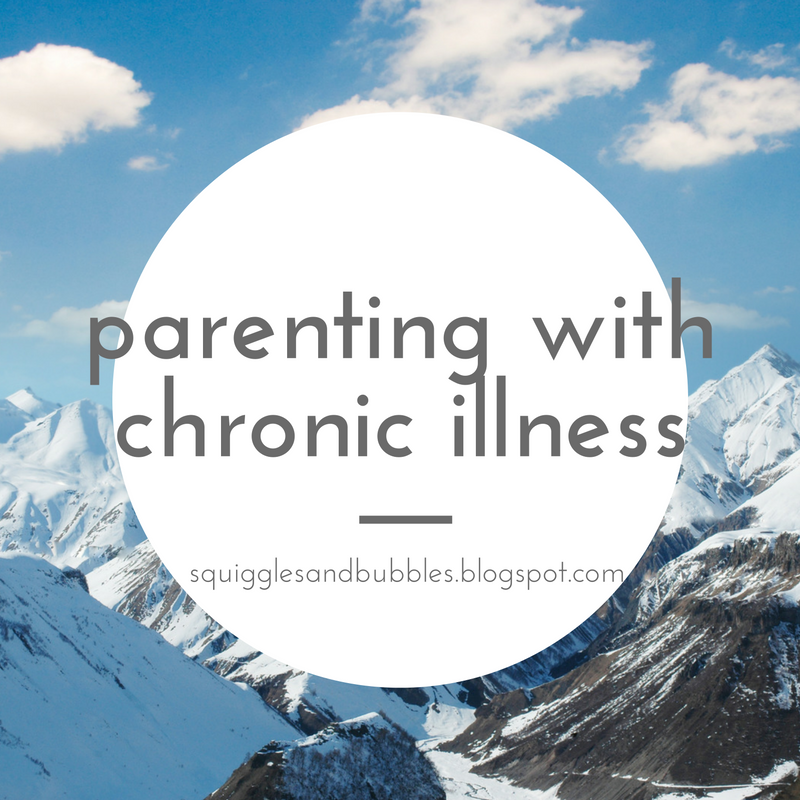My doctor called my pregnancy boring, I was so typical, and my morning sickness was just migraines and motion sickness from Squishels spinning!
I felt my first kick at 13 weeks (a strange hiccup in my belly!). She then proceeded to kick often and hard (by the time I was kick-counting, she was doing 10 kicks in under a minute!). So hard, she bruised me!
She hated ultrasounds and fetal doppler machines, and we got the best ultrasound picture of feet as she was kicking the probe away, but no guesses as to her gender. The baby always measured perfectly and was in position from 30 weeks and engaged from 33 weeks.
We gave birth at 39 weeks, and the baby was perfectly healthy, APGAR scores of 9 and 10!
My health, on the other hand, was difficult.
I hated being pregnant. I couldn’t identify with being pregnant. It never fully sunk in that I was pregnant. By the 18-20 week hormone shift, my relatively stable mood started going haywire and my meds needed to be changed.
The psychiatrist said the hormones would override meds and we needed to be able to increase the antipsychotic post-birth should anything happen, so no real hope till then.
I started seeing a physio at about 28 weeks because my hips and back were giving out, to which I was told the hereditary hip problem was just ‘weak hips’ and that everything would be fixed with posture and exercises. And then more exercises. By 32 weeks, I’d been told I had to do so many exercises a day that the anxiety overwhelmed me and I spent a week depressed in bed.
By 36 weeks, I was demanding the induction they’d promised me for a few weeks to be soon. I finally got a date two weeks later, and was admitted to the hospital for a full inducement at 39 weeks and 3 days for medical reasons, so we could watch the baby, and make sure mummy didn’t climb out a window.
Not exactly the nicest time of my life.
The resource that helped the most during this period was a perinatal mental health specialist team (in Vic, Aus, I was able to access Raphael House through St John of God Hospital). They provided a specialist psychiatrist to monitor my health and medications alongside the baby's, as well as a psychologist. The time spent with the psychologist was the most healing of all the psychologists I had seen (which is a list longer than my diagnoses and meds!), because I was able to start at the beginning and work on emotion regulation and distress tolerance (not things worked on under government-funded CBT programs).
You may also like Parenting with Chronic Illness: Supports. Just click the picture to read all about it!
The medical information on this site is provided as a personal anecdote only, and is not to be used or relied on for any diagnostic or treatment purposes. This information is not intended to be patient education, and should not be used as a substitute for professional diagnosis and treatment.If you need perinatal mental health supports in an emergency, call your local hospital or E.D. (000). They're typically the best supports to help you along the way in an emergency. Alternatively, Beyond Blue (www.beyondblue.org.au; 1300 22 4636), P.A.N.D.A. (http://www.panda.org.au; 1300 726 306) or even Lifeline (https://www.lifeline.org.au, 13 11 14).




No comments:
Post a Comment